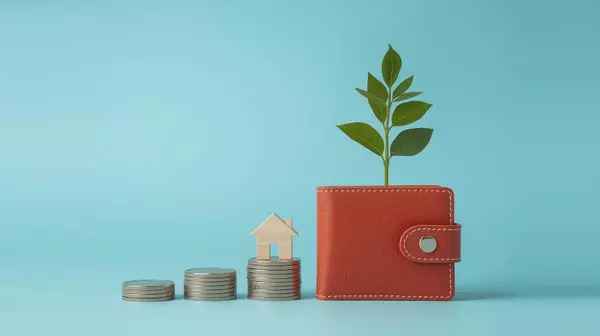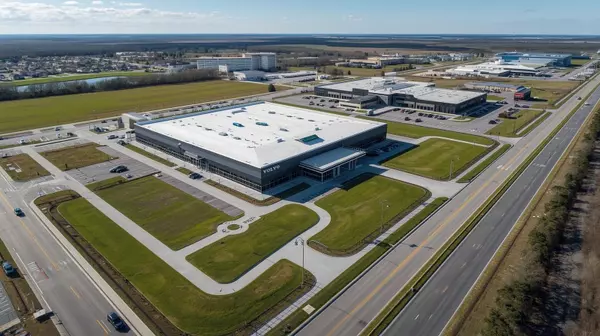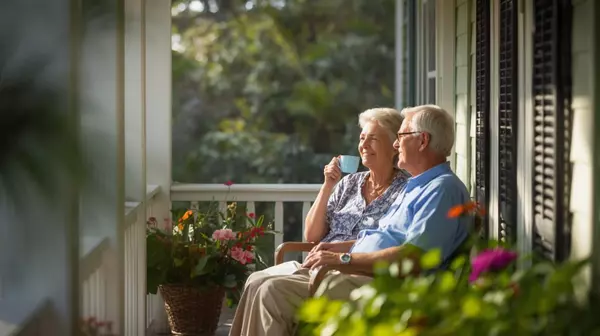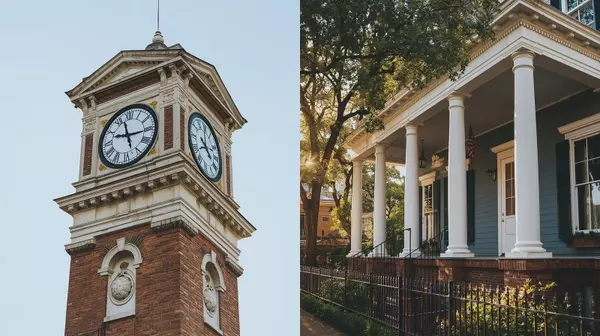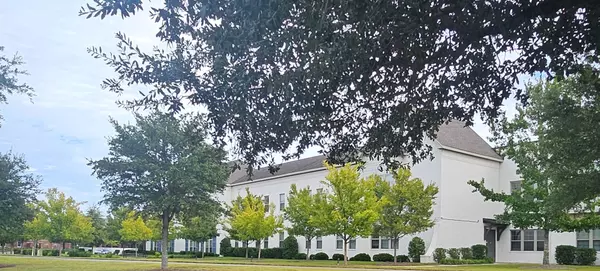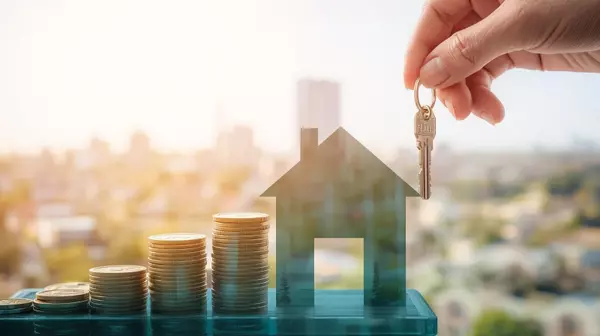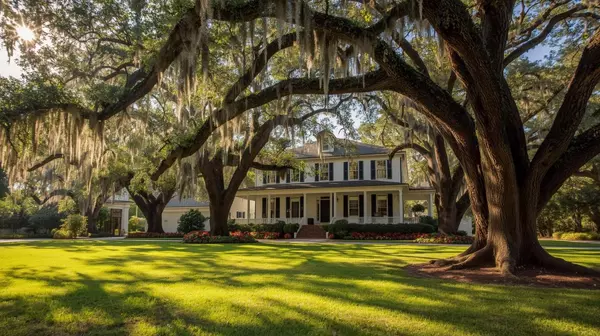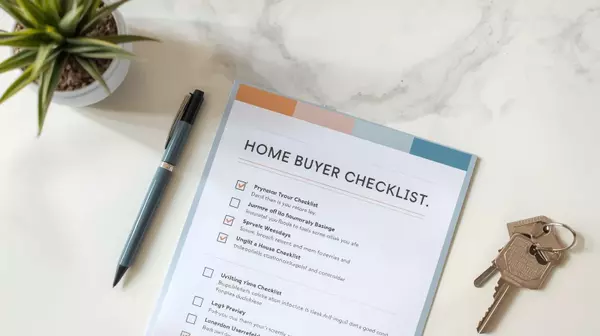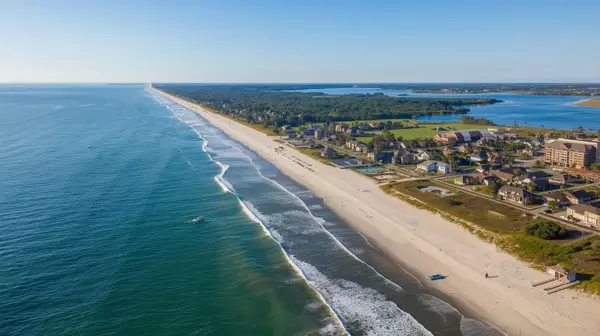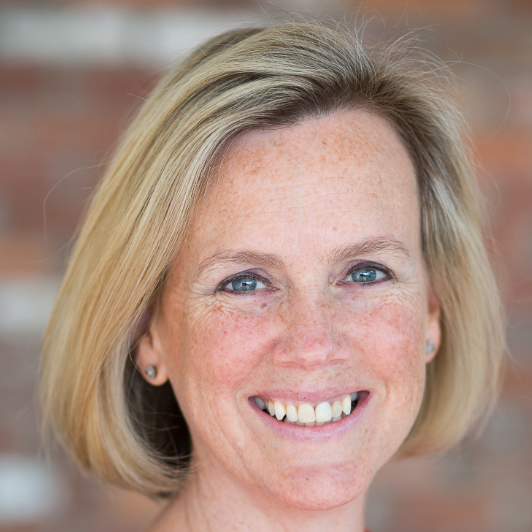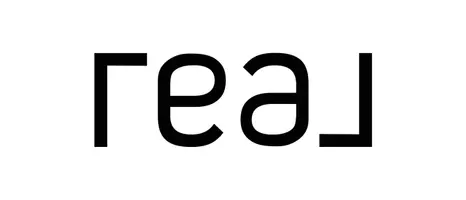The Financial Pros and Cons of Renting vs. Buying in Summerville SC
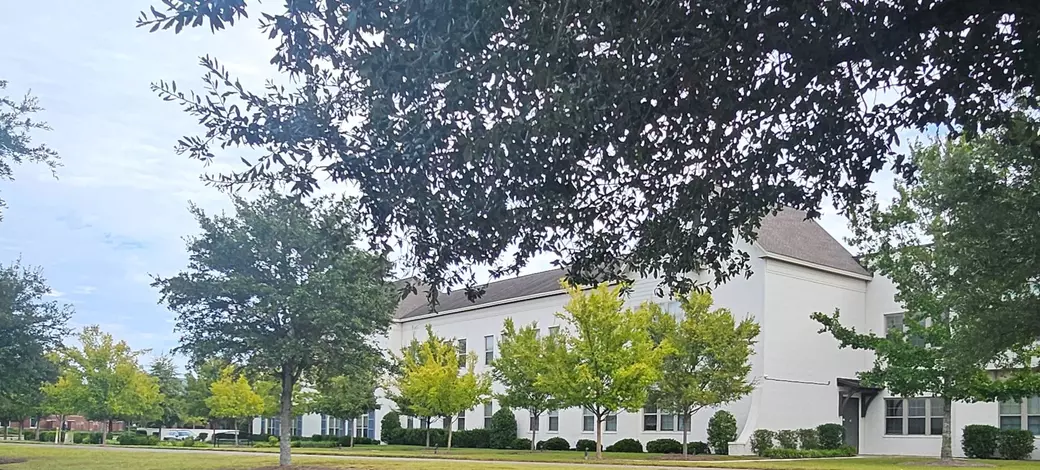
The Financial Pros and Cons of Renting vs. Buying in Summerville, SC
Weighing the Financial Pros and Cons for Your Lowcountry Lifestyle
Welcome to the heart of the Lowcountry! Summerville, South Carolina, known as the "Flower Town in the Pines," is a vibrant community that attracts families, professionals, and retirees alike. As a local husband and wife real estate team, we constantly guide folks through one of life's biggest financial decisions: Should we rent or should we buy a home in Summerville SC? This isn't just a lifestyle choice; it's a critical financial calculation that can determine your long-term wealth, flexibility, and stability.
In this comprehensive guide, we're dissecting the financial realities of both options, providing the detailed local insights you need to make the smartest move for your family’s future in Summerville. We’ll go far beyond simple monthly payment comparisons, diving into the hidden costs, tax implications, and the powerful, compounding effect of local market appreciation. Our goal is to empower you with the knowledge to thrive in our beautiful corner of South Carolina.
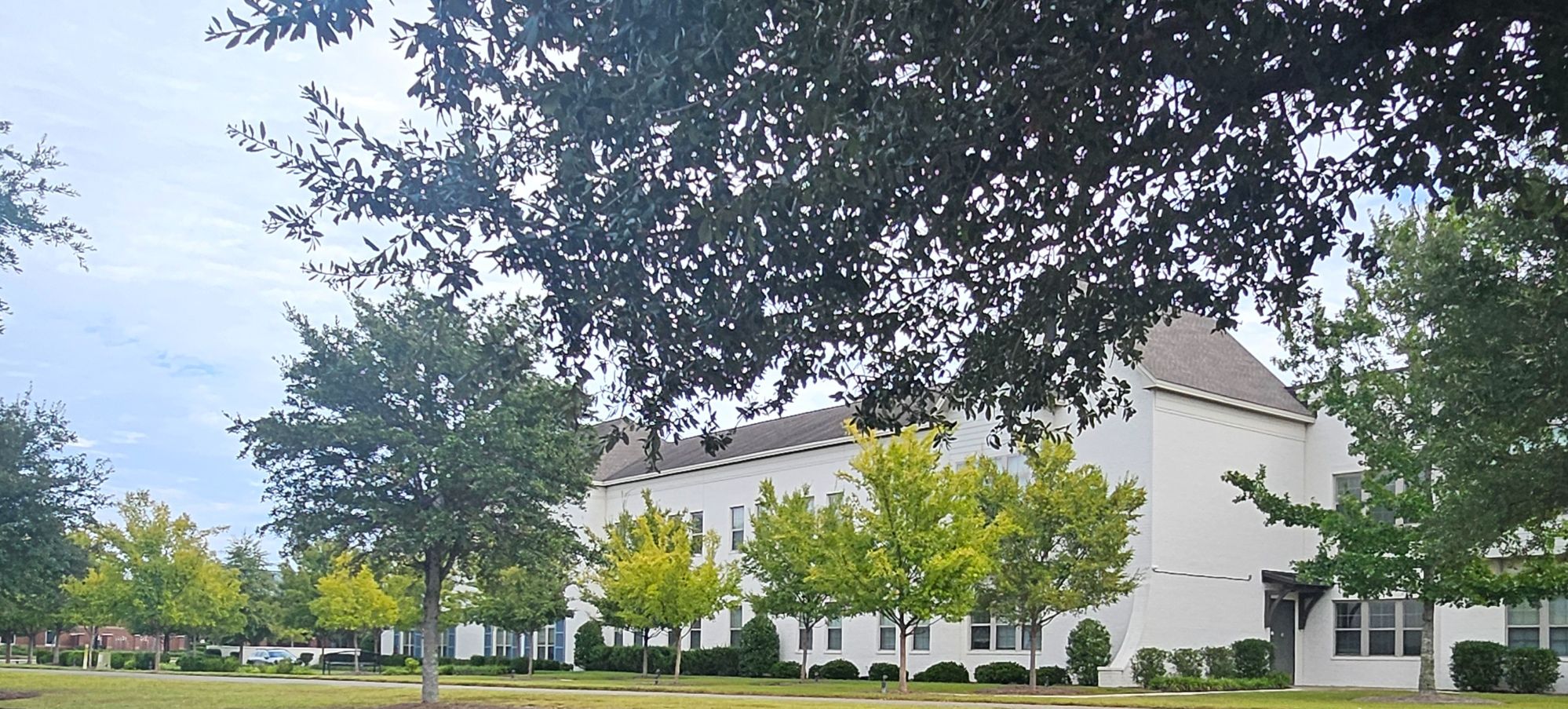
The Financial Case for Homeownership in Summerville
For many families, buying a home is the bedrock of their financial plan, and Summerville offers compelling reasons to take the plunge into homeownership. The financial benefits of owning a piece of the Lowcountry can be significant, especially over the long term.
Building Tangible Wealth Through Equity and Appreciation
The most fundamental financial advantage of buying is equity creation. Every month, a portion of your mortgage payment goes toward paying down the principal balance of your loan. This is money that stays in your pocket as an asset, unlike rent, which is a pure expense.
Furthermore, Summerville real estate has historically demonstrated strong appreciation. While no market is guaranteed, our area has seen consistent demand driven by excellent schools, corporate relocation, and its proximity to the greater Charleston metro area. Some analyses have shown property appreciation rates in parts of Summerville averaging 6-8% annually, and in highly sought-after areas like Flowertown, even higher. If we purchased a median-priced home in the Summerville area (which recently hovered around $375,000 to $400,000) and it appreciates by even 5% annually, that’s thousands of dollars in wealth created purely by holding the asset. Over a ten-year period, this compounding growth can be transformative for a family's net worth.
Capitalizing on Favorable South Carolina Property Taxes and Deductions
South Carolina is known for having some of the lowest property tax rates in the nation, and this is a major financial incentive for Summerville homeowners.
-
Owner-Occupied Assessment Rate (4%): As your primary residence, your home is assessed at just 4% of its fair market value, compared to 6% for rental and investment properties. This is a substantial discount we can leverage.
-
School Tax Exemption: Additionally, South Carolina homeowners with the 4% legal residence assessment are exempt from paying property taxes for the general school operating portion of the bill. This exemption provides significant savings annually.
On top of low local taxes, we can benefit from federal tax deductions. We may be able to deduct our mortgage interest and property taxes, which reduces our taxable income, making homeownership even more affordable than the raw monthly payment suggests. We always advise consulting with a qualified tax professional for personalized advice.
Locking in Predictable Housing Costs
While the total monthly cost of homeownership (Principal, Interest, Taxes, and Insurance - PITI) is often higher than rent in Summerville (with local average rents hovering around $2,300 to $2,500 for a 3-4 bedroom home), the stability of a fixed-rate mortgage is a massive financial pro.
Rents in Summerville have increased consistently over the last decade. A fixed-rate mortgage ensures that the largest component of your monthly payment, principal and interest, never changes for the life of the loan. While property taxes and insurance may see modest annual increases, the bulk of our housing expense is protected from the kind of volatile rent increases that can quickly erode a renter’s budget.
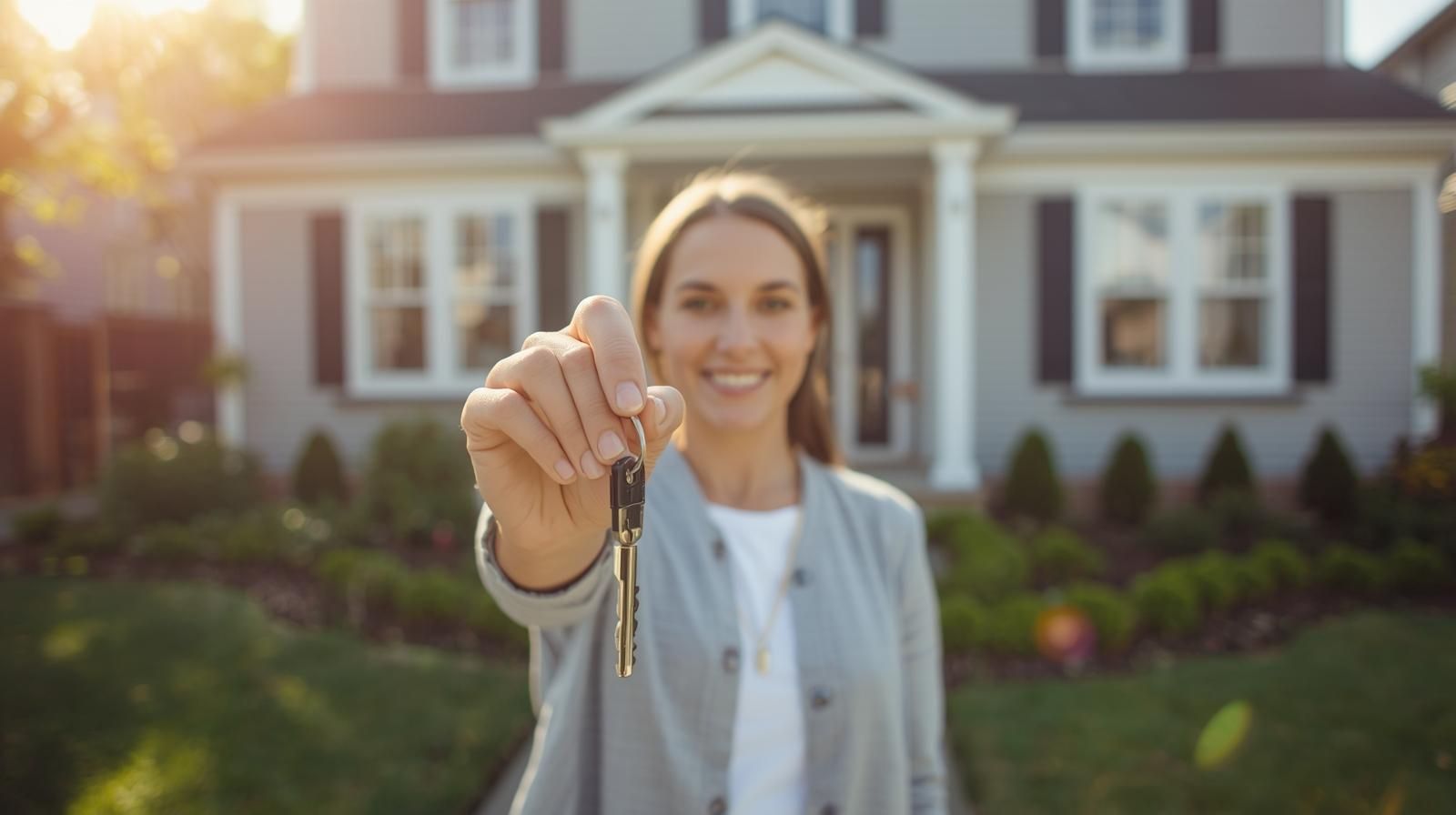
The Financial Case for Renting in Summerville
Despite the powerful long-term benefits of buying, renting in Summerville offers its own set of compelling financial advantages, particularly related to flexibility and upfront costs. The "renting vs. buying" equation often boils down to a time horizon and opportunity cost analysis.
Lower Upfront Costs and Capital Preservation
One of the greatest barriers to homeownership is the massive initial outlay of cash. When we rent in Summerville, the upfront costs are typically limited to:
-
Security Deposit: Usually equivalent to one month's rent.
-
First Month's Rent.
-
Application/Administrative Fees.
For a median-priced Summerville home ($375,000), a traditional 20% down payment alone is $75,000, and closing costs can add thousands more (but 20% isn't often required - 3.5% to 5% is pretty standard). By choosing to rent, we keep that sum of capital liquid and available. This available cash can be an emergency fund or for investment in assets that might yield a higher return than property appreciation in the short-term, such as a diversified stock portfolio.
Ultimate Financial Flexibility and Mobility
Renting affords unparalleled financial mobility. If we anticipate a job change, a move, or simply want to try out a different neighborhood like Cane Bay Plantation versus a more established area like Charleston, breaking a lease is far simpler and cheaper than selling a home.
Selling a home involves significant transaction costs, real estate commissions, closing costs, and potentially making repairs to prepare the property for sale. These costs can easily consume 6% to 10% of the sale price. For those whose time in Summerville is uncertain (for instance, military families or those on a short-term contract), avoiding these high exit costs makes renting the superior financial choice.
Zero Responsibility for Maintenance and Repair Costs
As renters, our landlord is financially responsible for virtually all maintenance, repairs, and capital improvements. When the HVAC unit inevitably fails in the scorching South Carolina summer or the roof leaks, we simply make a phone call, and we pay nothing out of pocket.
As homeowners, we need to budget for these expenses. A good rule of thumb is to set aside 1-3% of the home's value annually for maintenance and repairs. For a $375,000 home, that’s $3,750 to $11,250 a year. This is a significant hidden cost of homeownership that is completely eliminated when we choose to rent, making our monthly housing budget predictable and stress-free.
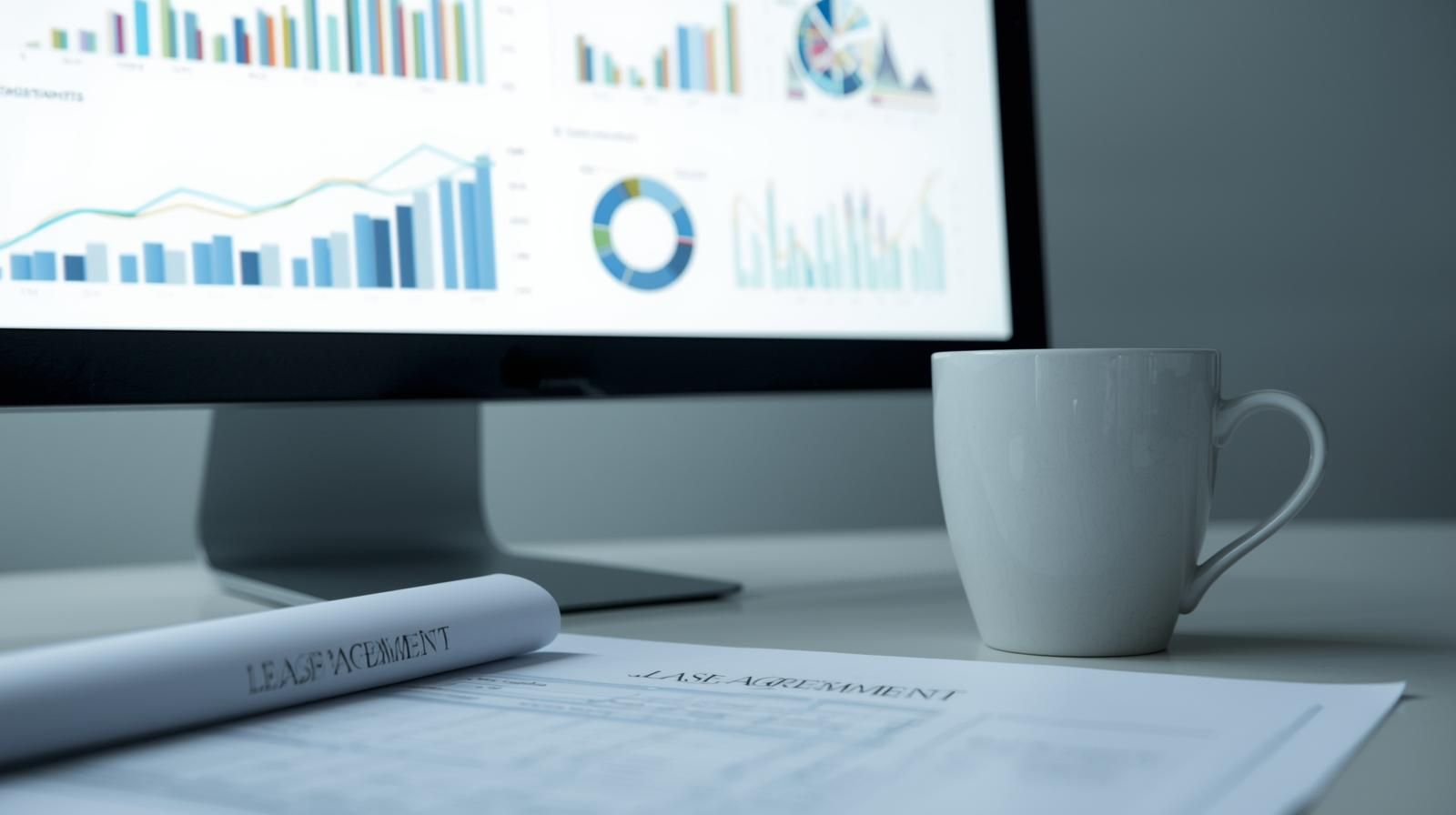
Deep Dive: Financial Comparison of Renting vs. Owning
To truly maximize our long-term wealth in Summerville, we need to look at the total financial outlay over time, factoring in all costs and benefits.
The Opportunity Cost of the Down Payment
The $75,000 we save by renting (the assumed 20% down payment) has an opportunity cost. If we instead invest that capital and achieve a modest 7% return over ten years, that investment could grow substantially. This must be weighed against the expected growth in home equity and appreciation.
-
Buying Advantage: The homeowner's investment (the down payment) is leveraged by the mortgage, meaning the appreciation is earned on the entire home value, not just the down payment. This financial leverage is the primary wealth-building power of homeownership.
-
Renting Advantage: We maintain liquidity and control over our capital, making it accessible and flexible for other financial goals.
Crunching the Summerville Numbers: A Break-Even Analysis
We often help our clients perform a break-even analysis to determine how long they need to own a home before the cumulative costs of buying (closing costs, interest, maintenance) are outweighed by the benefits (equity, appreciation, tax savings).
Given the high entry costs of buying and a healthy, yet not explosive, rate of appreciation in Summerville, our team finds that the break-even point is often three to five years. If we plan to stay in Summerville for less than three years, the financial costs of buying and selling will likely erase any gains. If we plan to stay for five years or more, homeownership becomes the overwhelmingly better financial choice.
Inflation and Long-Term Security
In a period of economic inflation, renting is precarious. As the cost of goods and services rises, landlords invariably increase rent to cover their rising costs, and this increase is passed directly to us. Rent is a constantly rising expense. Homeownership, with a fixed-rate mortgage, creates a powerful hedge against inflation. Our largest monthly expense, the P&I payment, is locked in for decades, and as our income rises with inflation, that fixed payment becomes an increasingly smaller percentage of our budget, securing our financial future in Summerville.
Navigating the Summerville Market: Our Expert Guidance
Making this decision in a dynamic market like Summerville requires local expertise. We have seen firsthand how different neighborhoods offer varying investment profiles, from the rapid growth in Nexton and Cane Bay to the enduring value in the Historic District. Whether you prioritize financial flexibility or long-term wealth accumulation, our team is here to guide your strategy.
We believe that being informed is the key to financial success. We’ve written extensively on related topics to help you prepare for either path.
Ready to Calculate Your Best Path in Summerville?
The decision to rent or buy is deeply personal and financially significant. Whether you need an experienced eye to calculate your custom rent-vs-buy break-even point, or you are ready to explore the neighborhoods with the strongest appreciation potential, we are here to help.
Don't wait to build your financial foundation in the Lowcountry.
-
Contact us today for a complimentary, no-obligation Summerville Financial Strategy Session!
Click below to explore our other essential Lowcountry financial resources:
-
First-Time Buyer Checklist: Navigating Mortgages in Summerville, SC
-
How Much Do I Need To Make to Afford a Home in Summerville SC
Top 5 Financial Questions for Summerville Home Buyers and Sellers
To finalize your decision and ensure you've considered all angles, here are the top five questions we receive about the financial implications of buying or selling a home in Summerville, along with our concise answers.
Q1: How much money do we realistically need for a down payment in Summerville?
You don't always need 20% down to buy a home here; while 20% helps avoid Private Mortgage Insurance (PMI), many options exist. FHA loans allow for as little as 3.5% down, and VA loans offer 0% down for qualifying military families who are a huge part of our local community. We typically recommend having enough saved for at least 5% down plus closing costs, which usually totals 7-8% of the purchase price.
Q2: Is the rising cost of home insurance in coastal South Carolina a major financial drawback to buying?
Home insurance costs are a valid concern, especially due to our proximity to the coast, but they shouldn't deter us from buying. Premiums are generally higher than inland states, and many buyers opt for separate policies for wind/hail and flood insurance, adding to the monthly PITI payment. However, these costs are easily managed with proper budgeting and are a necessary investment to protect our most valuable asset.
Q3: If we decide to rent, what should our financial priority be with the money we save on a down payment?
If we choose to rent, our immediate financial priority should be to save and invest the capital we would have used for the down payment and closing costs. We recommend maximizing retirement accounts, building a large emergency fund (6-12 months of expenses), and then placing the remaining down payment funds into a diversified, appreciating investment portfolio. This maintains liquidity and grows our wealth while we enjoy the flexibility of renting.
Q4: How long should we plan to stay in our Summerville home to ensure a positive financial outcome when selling?
Based on our local market analysis, we strongly advise planning to own a home in Summerville for at least three to five years to ensure a positive financial return upon sale. This timeframe allows us to recover the initial buying and selling transaction costs and capitalize on the market’s historical appreciation trends. Any stay shorter than this often makes renting the more financially prudent choice.
Q5: As homeowners, what is the single most effective way we can lower our annual property tax burden in Dorchester or Berkeley County?
The single most effective way to lower our property tax is to ensure we apply for and receive the 4% legal residence assessment ratio from the county assessor’s office. This crucial step, which applies to our primary home, significantly reduces our taxable value compared to the 6% rate for non-owner-occupied properties. We must also apply for the school operating tax exemption, which provides further substantial savings each year.
Categories
- All Blogs (58)
- Cost of Living in Summerville SC (20)
- Cost of Selling or Buying a Home (23)
- Downtown Summerville SC (3)
- Golf in Summerville SC (2)
- Guides (29)
- Job Opportunities in Summerville SC (1)
- Lifestyle and Culture (15)
- Market Trends (3)
- Military Guidance (2)
- Nearby Areas & Comparison Guides (9)
- Neighborhoods in Summerville SC (19)
- PCSing to Charleston SC (9)
- Property Taxes in Summerville SC (6)
- Relocation Questions & Miscellaneous Topics (26)
- Retire in Summerville SC (5)
- Schools in Summerville SC (10)
- Things to do in Summerville SC (1)
Recent Posts
